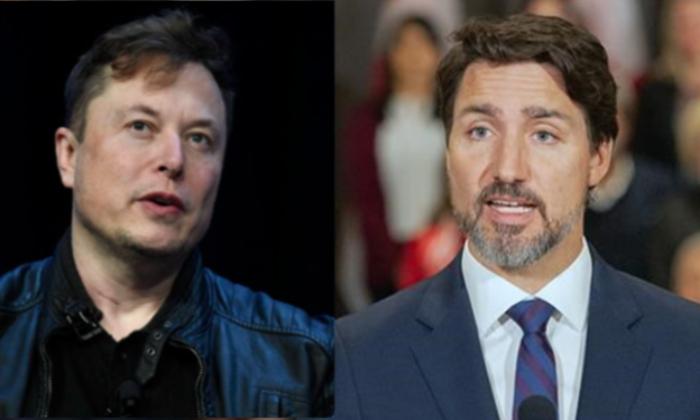Commentary
Perhaps it was a serious shot across the bow. Maybe it was just a flare illuminating the field of conflicts to come. Either way, Elon Musk and Justin Trudeau appear poised to clash over Canadians’ right to freely express themselves.

Perhaps it was a serious shot across the bow. Maybe it was just a flare illuminating the field of conflicts to come. Either way, Elon Musk and Justin Trudeau appear poised to clash over Canadians’ right to freely express themselves.